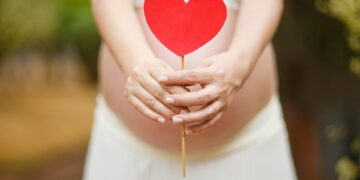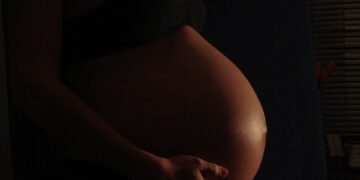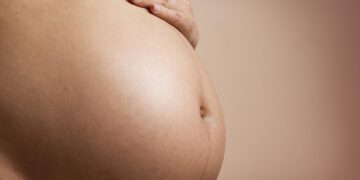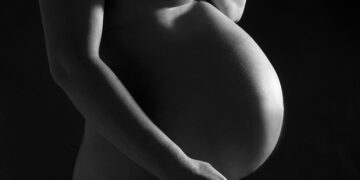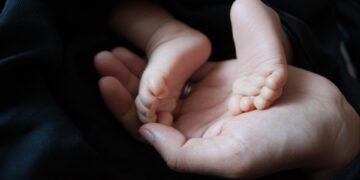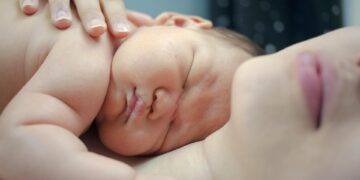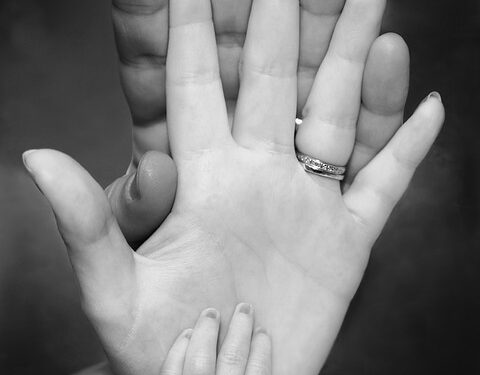Eating for Two: Nourishing Your Body and Baby with a Healthy Pregnancy Diet
When you’re pregnant, it’s more important than ever to pay attention to what you eat. Your body is working hard to nourish not only yourself but also your growing baby. A healthy pregnancy diet can help ensure that both you and your baby get the nutrients you need for a healthy pregnancy and delivery.
Why is a Healthy Pregnancy Diet Important?
A healthy pregnancy diet is essential for both you and your baby’s health. The nutrients you consume during pregnancy play a crucial role in your baby’s growth and development. A balanced diet can help prevent birth defects, promote a healthy birth weight, and reduce the risk of complications during pregnancy and delivery.
What Should You Eat During Pregnancy?
During pregnancy, it’s important to eat a variety of nutrient-rich foods to ensure that you and your baby get all the essential vitamins and minerals you need. Some key nutrients to focus on include:
Folate
Folate is essential for preventing neural tube defects in your baby. You can find folate in foods such as leafy green vegetables, beans, and fortified cereals.
Iron
Iron is important for preventing anemia in pregnancy. Good sources of iron include lean meats, poultry, fish, beans, and fortified cereals.
Calcium
Calcium is essential for building strong bones and teeth in your baby. Dairy products, leafy green vegetables, and fortified foods are good sources of calcium.
Protein
Protein is important for your baby’s growth and development. Good sources of protein include lean meats, poultry, fish, beans, and nuts.
What Foods Should You Avoid During Pregnancy?
While it’s important to focus on nutrient-rich foods during pregnancy, there are also some foods you should avoid to protect yourself and your baby from potential harm. Some foods to avoid during pregnancy include:
Raw or undercooked meat, poultry, and seafood
These foods can contain harmful bacteria that can cause foodborne illnesses.
Unpasteurized dairy products
These products can contain harmful bacteria that can harm you and your baby.
High-mercury fish
High-mercury fish such as shark, swordfish, and king mackerel can be harmful to your baby’s developing nervous system.
How Much Weight Should You Gain During Pregnancy?
Weight gain during pregnancy is normal and necessary for a healthy pregnancy. The amount of weight you should gain depends on your pre-pregnancy weight. On average, women with a healthy weight before pregnancy should gain between 25-35 pounds during pregnancy.
How Can You Manage Pregnancy Cravings?
Pregnancy cravings are common and can be hard to resist, but it’s important to try to maintain a balanced diet even when you’re craving certain foods. If you’re craving something unhealthy, try to find a healthier alternative that satisfies your craving. For example, if you’re craving something sweet, try eating a piece of fruit instead of a candy bar.
Staying Hydrated During Pregnancy
Staying hydrated is important during pregnancy, as dehydration can lead to complications such as preterm labor. Aim to drink at least 8-10 cups of water per day, and more if you’re exercising or in hot weather.
Conclusion
A healthy pregnancy diet is essential for both you and your baby’s health. By focusing on nutrient-rich foods, avoiding harmful foods, and staying hydrated, you can help ensure a healthy pregnancy and delivery. If you have any questions or concerns about your pregnancy diet, be sure to talk to your healthcare provider for personalized guidance.
Remember, you’re eating for two now, so nourish your body and baby with a healthy pregnancy diet!

